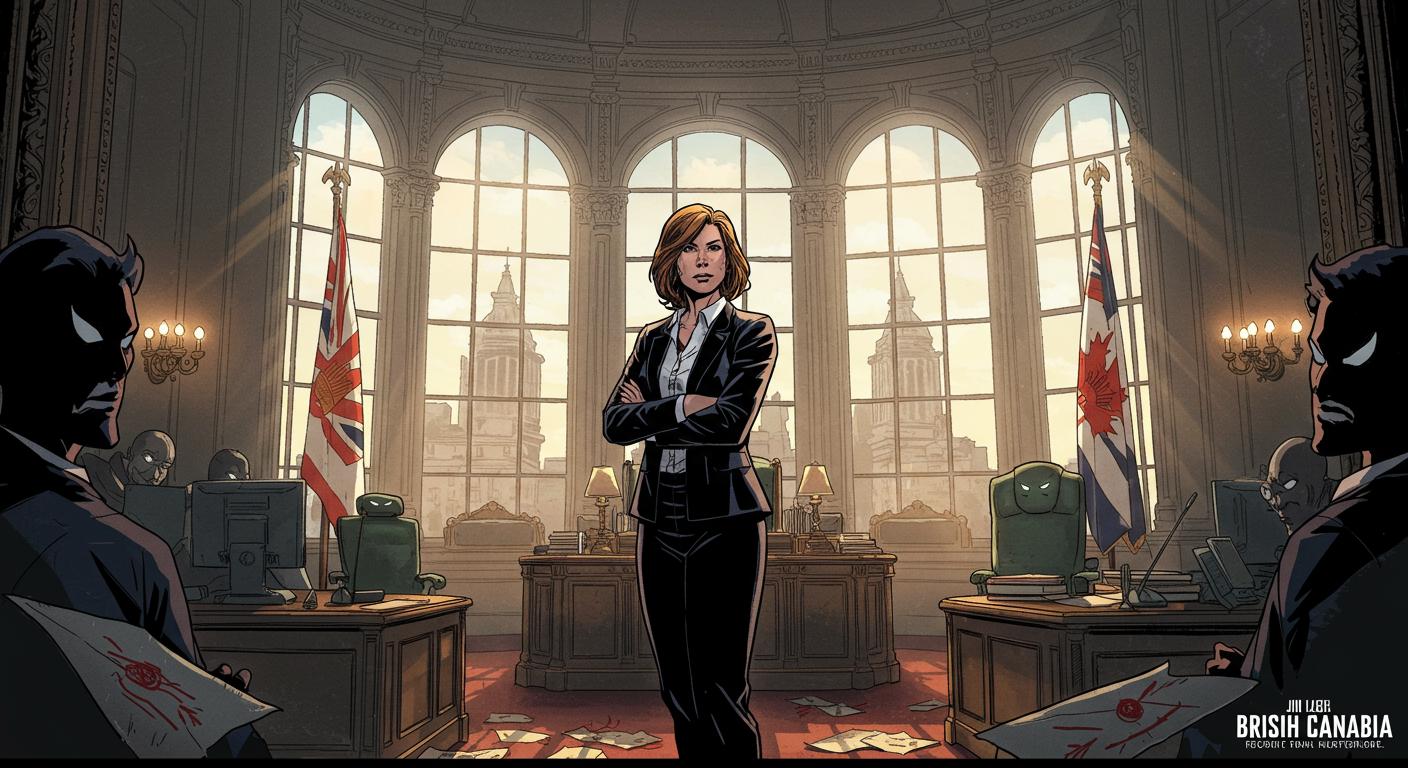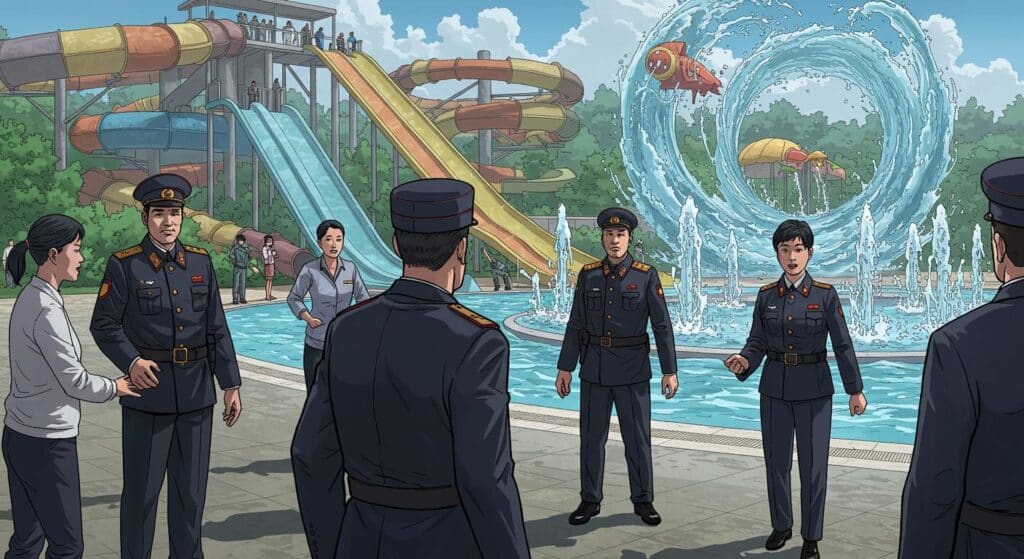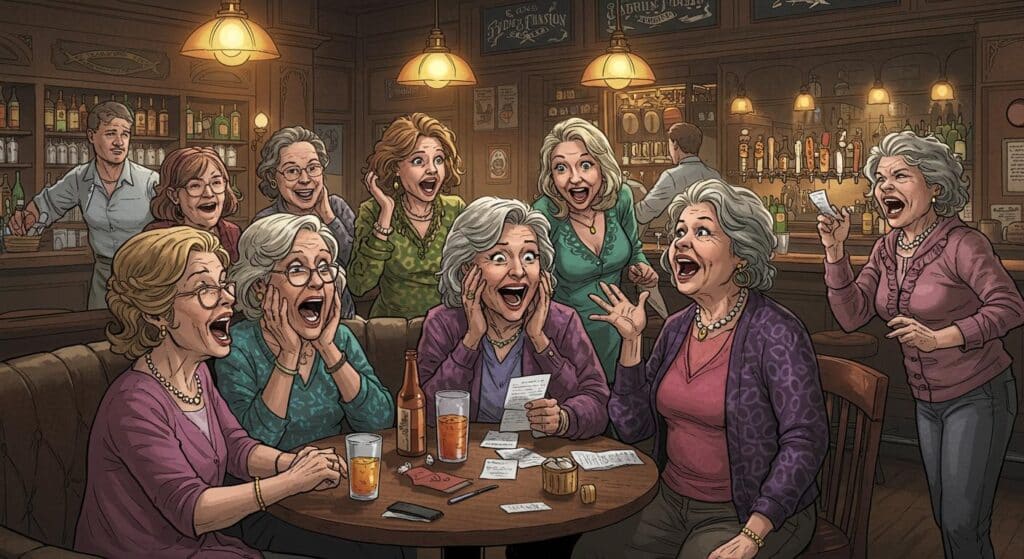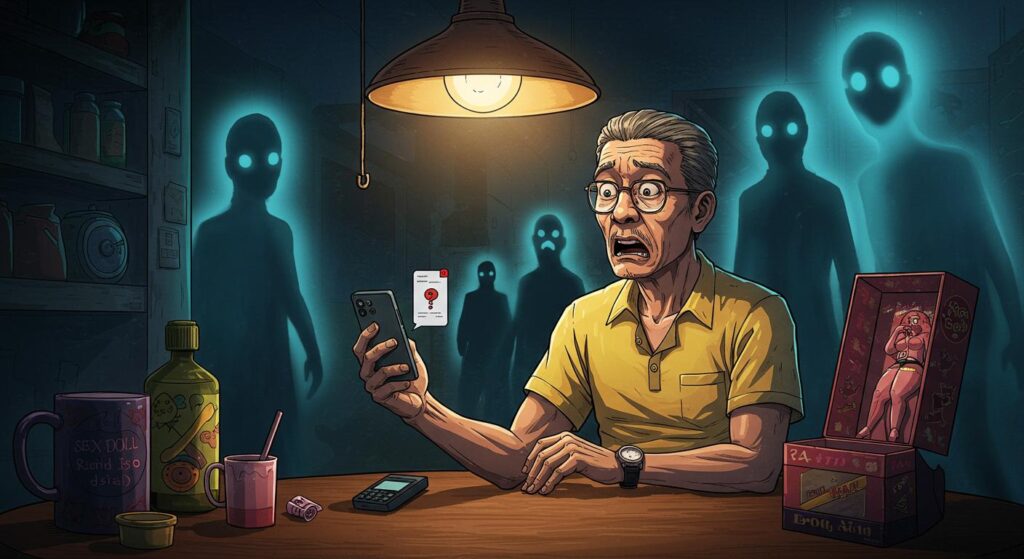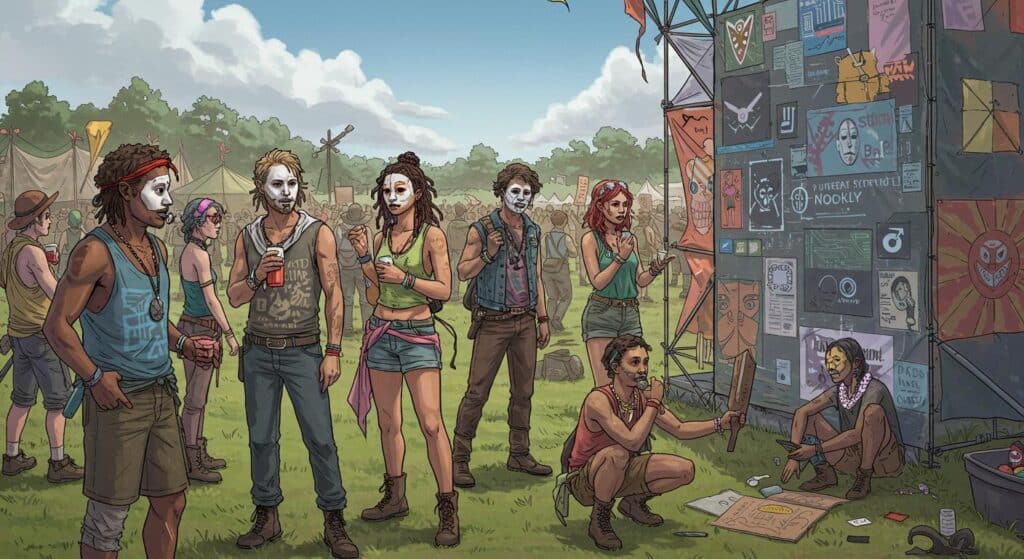Every now and then, a headline lands with such an odd thud of understatement that you have to reread it just to be sure it says what you think it does. Case in point: British Columbia’s infrastructure minister Bowinn Ma recently described herself as “pretty fortunate” to have received only around half a dozen death threats over the course of her eight-year political career. According to Global News, Ma regards this dubious tally as a kind of occupational windfall—especially compared to colleagues who, she points out, have endured far more.
It’s a telling detail that for Ma, six death threats is scarcely remarkable. This numbers game of personal risk-management, apparently now expected among politicians, seems more at home in a surrealist short story than real civic life.
A Blast, Then Business as Usual
Within the same Global News report, it’s detailed how just last week, the front door of Ma’s North Vancouver constituency office was blasted open by an explosive device. Police involvement was immediate: RCMP launched an investigation, though, as Ma relays from conversations with Mounties, there is “no indication of a repeat event” at this stage, and officials remain silent on suspects or possible motivations.
After the attack, Ma emphasized she won’t let such incidents intimidate her away from public service. This mix of stoicism and pragmatism is on full display when she notes that while it’s “strange to say” she feels lucky to only have six death threats, she’s well aware that many of her peers contend with far greater numbers—suggesting a grim kind of occupational hazard that the wider public rarely appreciates.
The Shifting Landscape of Security
As Global News documents, Ma’s approach to office security has shifted dramatically since her early days in public life. Described in the report, when first elected, Ma opted for openness—tearing down a security wall across her new constituency office to make it more inviting for constituents. Now, with current events forcing her hand, she’s working closely with Legislature security teams for ongoing threat assessments and new safety protocols.
Ma observed to the outlet that the recent blast could reinforce a broader perception—among both politicians and the public—that elected officials are now being “more frequently targeted.” She worries incidents like these may push representatives behind increasingly rigid barriers. “I worry that will drive elected officials further away from these kinds of open approaches, and that’s not a criticism of elected officials,” she explained, acknowledging the difficult tradeoff between safety and accessibility.
Earlier in the report, it’s mentioned that Ma remains committed to encouraging those passionate about civic service not to be dissuaded by stories like hers. She insists that she “really do[es] not want these kinds of incidents to dissuade anyone from doing the incredibly important work of serving communities,” an outlook that simultaneously reassures and underlines how abnormal the circumstances have become.
Is This Just the New Normal?
If “only” six death threats now qualifies a politician as “fortunate,” what, exactly, does that say about the current climate for public service? In a detail that lingers, Ma’s reflections evoke a strange kind of acceptance of risk—a normalization of the unacceptable, where being relatively safe means simply being less targeted than your peers.
One has to wonder: What happens to democratic life when an open door becomes an open risk, and public service increasingly demands a steel spine and a tolerance for threats as part of the job description? Have we collectively recalibrated what we consider an acceptable occupational hazard for those willing to serve?
Ma’s candid assessment blends resilience with a dry acknowledgment of the hazards at hand. It seems odd that surviving a handful of death threats would be cause for professional gratitude. If this is business as usual, how low can the bar go before there’s little left to call “fortunate” at all?

